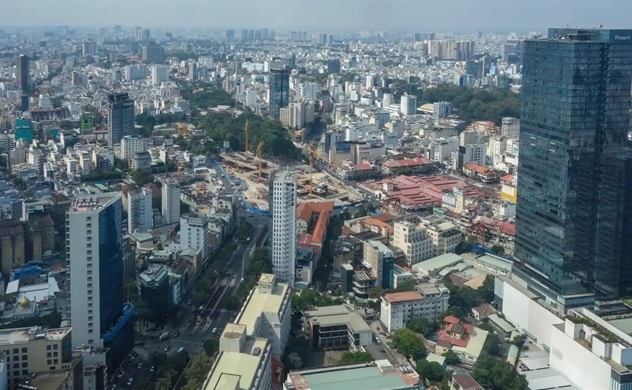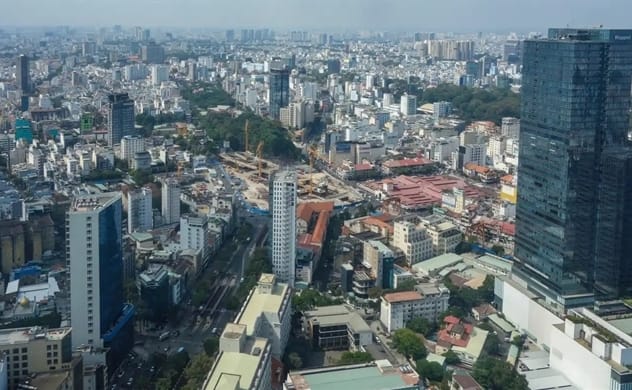
Photo by Nikkei Asia.
“Vietnam is one of the most exciting markets in Southeast Asia,” said Sarit Chopra, a partner with Bain Capital’s Special Situations business.
He also finds Vietnam’s growth story similar to India’s, with a high single-digit GDP growth forecast over the next decade, a large working population and rapid urbanization.
Vietnam outpaced Indonesia to take the second spot in fundraising by Southeast Asian countries in the second quarter of 2023, raking in $413 million in total proceeds, according to DealStreetAsia Data Vantage’s SE Asia Deal Review Q2 2023 report. After six quarters of gradual decline, Vietnam made a remarkable comeback, with a significant rebound in deal volume as well.
“The country is also benefiting from the China-plus-one and other themes. This is a long-term structural growth story, and we want to participate in it. Masan is a business that is indexed to that consumption growth story,” Chopra said, explaining the rationale for its investment in Masan.
Previously known for manufacturing fast-moving consumer goods (FMCG), Masan has morphed into a modern omnichannel retail platform through aggressive restructuring and investments. The company is now a major player not only in FMCG and retail but also in animal nutrition, having integrated technology into its platform.
“There is a lot of room for growth because the market segments where Masan has a presence are still underpenetrated,” Chopra said.
Bain Capital has joined a spate of other global investors in Masan, including TPG, Abu Dhabi Investment Authority (ADIA), GIC, Temasek-backed SeaTown Holdings, Alibaba, and SK Group.
As Bain Capital might look at further opportunities in Vietnam, given the check size it has written in Masan, the targets will most likely be larger conglomerates rather than the pool of small- and medium-sized enterprises in the country, according to the partner.
The alternative asset manager has invested $28 billion in the special situations strategy since its inception and manages about $16 billion worth of assets, according to its website. The Asia-Pacific region represented the lion’s share of Bain Capital’s global special situations investments over the past decade.
Special situations investing in the alternative investment world means providing bespoke capital solutions, such as debt or structured equity, to meet the diverse needs of businesses.
In Southeast Asia, Bain Capital’s special situations business has also invested in Thailand, Indonesia, and Malaysia.
“Southeast Asia has been an important market because of its growth aspect,” Chopra said.
Even as there is underserved demand in consumption- and infrastructure-oriented businesses, he said the that region’s capital markets still lack depth, and that banks tend to be formulaic and deep only in their home markets.
“Southeast Asian companies are either going regional or expanding into new business lines, which requires the capital that we can provide.
“We are a long-term investor and want to enjoy the growth story. We would want to see the growth build out before we see any real exits,” Chopra added.
Source: Nikkei Asia





